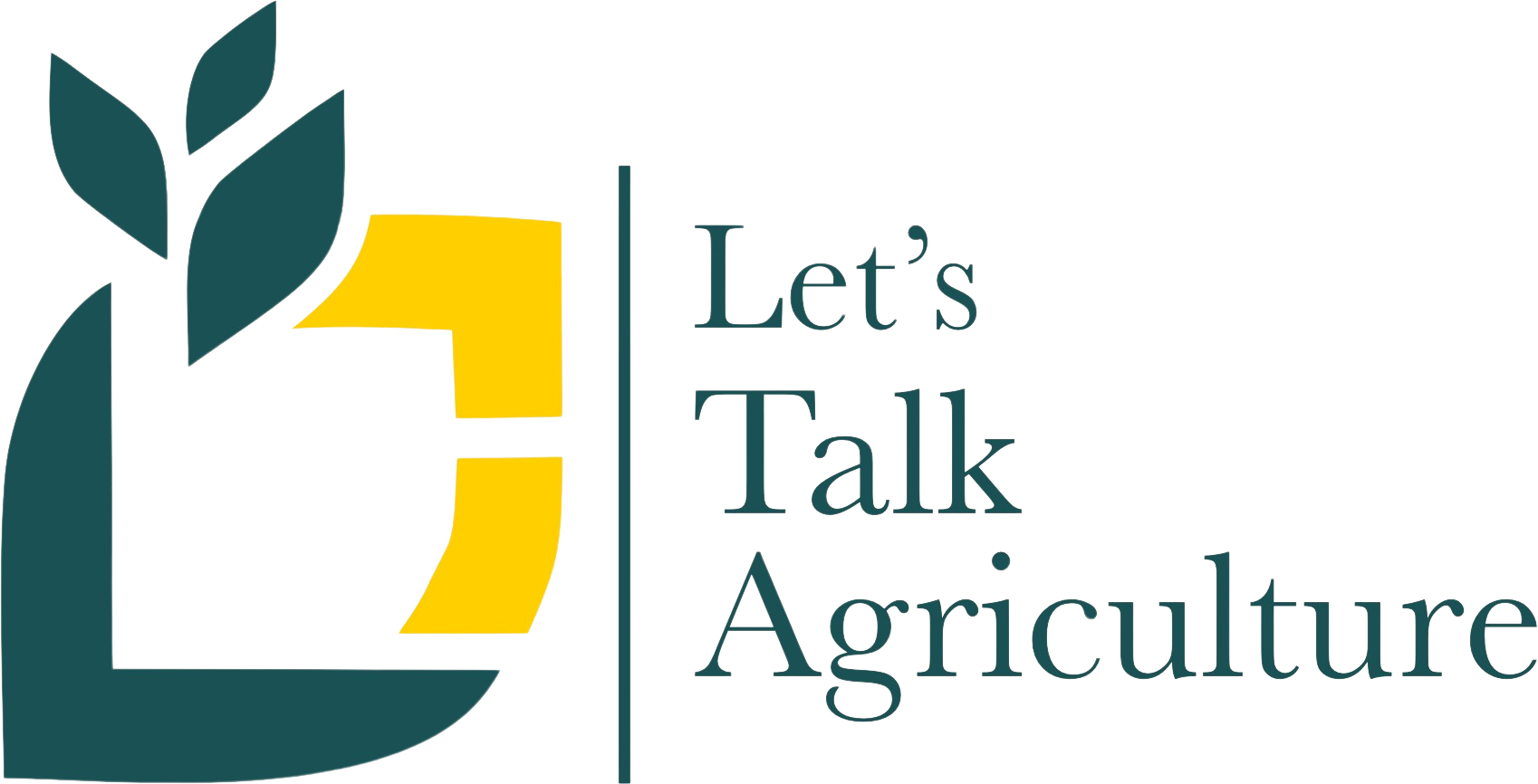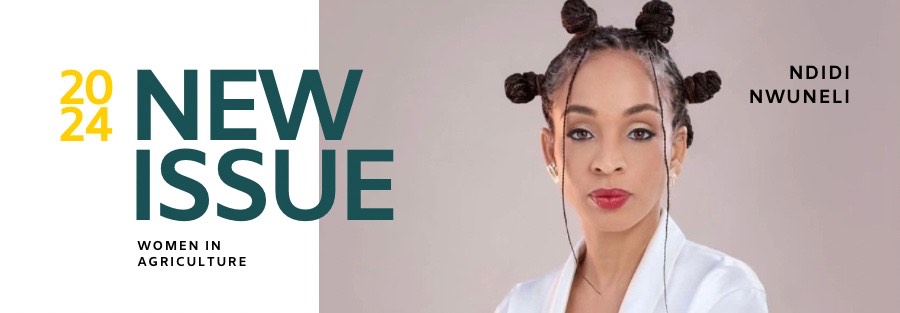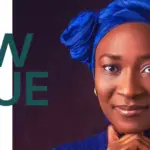Special feature Women in Agriculture About Ndidi Okonkwo Nwuneli
Who is Ndidi Okonkwo?
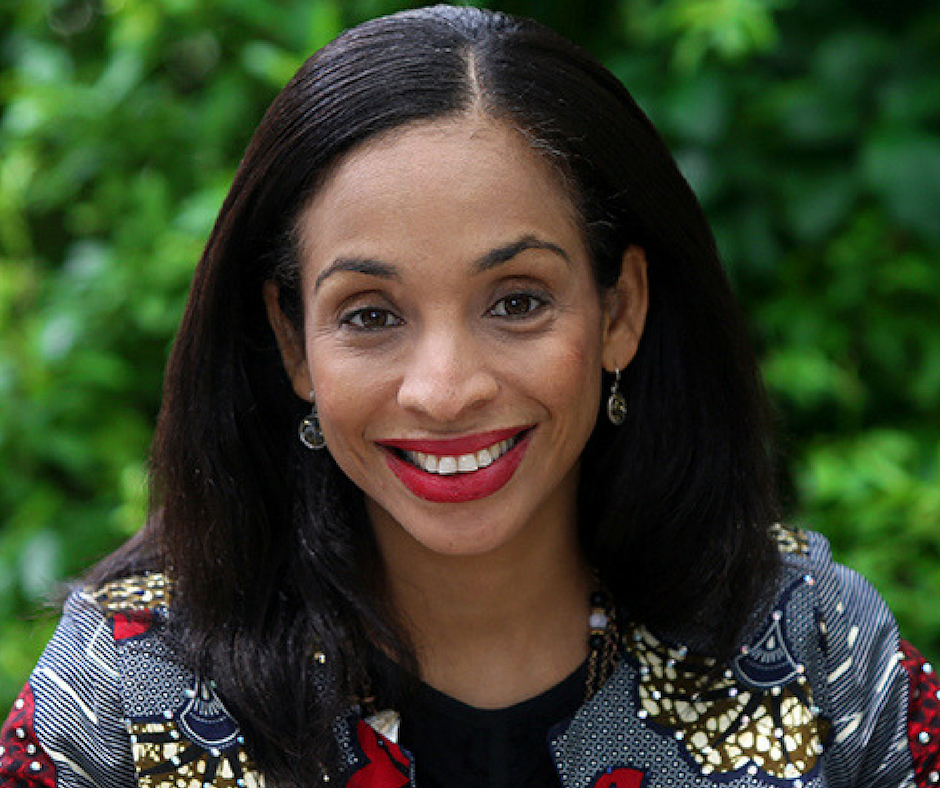
Ndidi Okonkwo Nwuneli is an expert on food ecosystems, entrepreneurship, social innovation, and philanthropy. She has over 25 years of international development experience and is the founder of LEAP Africa and African Food Changemakers. She is also the co-founder of Sahel Consulting Agriculture & Nutrition Ltd. and AACE Foods Processing & Distribution Ltd.
Ndidi serves on the boards of the Rockefeller Foundation, AGRA, Nigerian Breweries Plc. (Heineken), Godrej Consumer Products Ltd. India, Stanbic IBTC Group, the Young Global Leaders of the World Economic Forum, and the Bridgespan Group.
Ndidi holds an M.B.A. from the Harvard Business School and an undergraduate degree with honors from the Wharton School of the University of Pennsylvania. She was a Senior Fellow at the Mossavar- Rahmani Center for Business & Government at the Harvard Kennedy School, a visiting Scholar at Max Bell School of Public Policy at McGill University, an Aspen Institute New Voices Fellow, and an Eisenhower Fellow.
Ndidi is a TED speaker, was recognized as a Schwab Fellow and a Young Global Leader by the World Economic Forum and has received numerous awards and recognitions including a National Honor by the Nigerian Government and the 2021 Harvard Business School Distinguished Alumni Award. She is the author of “Social Innovation in Africa: A Practical Guide for Scaling Impact,” and “Food Entrepreneurs in Africa: Scaling Resilient Agriculture Businesses,” both published by Routledge and “Walking for God in the Marketplace.”
Questions and Answers with Ndidi Okomkwo Nwuneli on Let’s Talk Agriculture
Q: Can you tell us about your journey into the agricultural industry and what inspired you to pursue a career in this field?
Ans: As a child growing up in Enugu Nigeria, I planted vegetables in our home garden and agriculture was my favorite course at Federal Government College Enugu. I moved to the
United States at 16, and was shocked to discover that the face of Africa was a hungry child. This identity followed me around campus – when my classmates would joke that their parents used to tell them to finish their dinner because they were hungry children in Africa. This image made me very sad, because it represented a single story of Africa – and single stories are dangerous because they limit the world’s view of our potential, and invariably seep into our own consciousness.
Q: What are some of the challenges you have faced as a woman in the agricultural industry, and how have you overcome them?
Ans: I have faced my share of gender biases and discrimination at the highest levels, and had to prove myself repeatedly as an expert given that I did not study agriculture in university.
I have been fortunate to have an extremely supportive family – parents – Prof. Paul & Rina Okonkwo and siblings – Adaora, Una, Nwando and Aneto who have encouraged me to use my voice, skills and talents and served as my biggest champions and critics. I call them God’s greatest gift to me. I also have had an amazing village of close friends, mentors, sponsors, and champions – locally and globally, angels whom God has used as destiny helpers in my life.
Q: Can you tell us about your journey into the agricultural industry and what inspired you to pursue a career in this field?
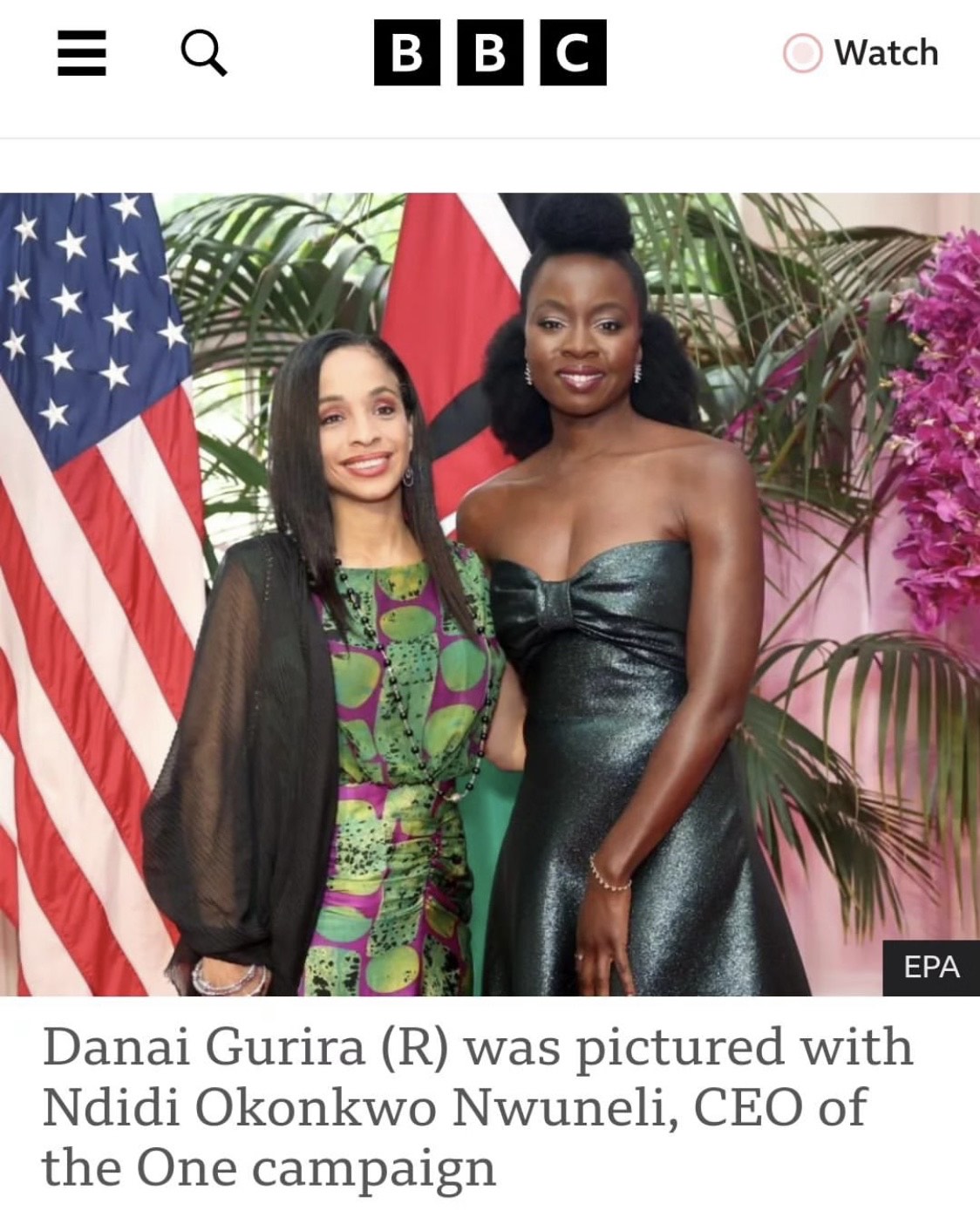
Ans: I’m committed to transforming the food ecosystem in Africa to promote the growth, profitability, and sustainability of African food/agriculture businesses, ensuring food and nutrition security across the continent, and changing global narratives for a better future. The author strongly believes in Africans shaping the future of their countries and continent by creating wealth, and jobs, fostering equity, and inclusion, and leaving no one behind.
Q: What are some of the challenges you have faced as a woman in the agricultural industry, and how have you overcome them?
Ans: AACE Foods and Sahel Consulting have supportive Boards of Directors and management teams who believe in the organization’s vision and values. Clear boundaries and safe spaces are established for women at AACE Foods, with zero tolerance for harassment, prejudice, and discrimination.
Q: In your opinion, what are the key factors contributing to your success in the agricultural industry, and how have these factors influenced your career?
Ans: Integrity, excellence, and humility are the most important values for me. I strive to produce excellent work with integrity, and constantly raise the bar by deepening my expertise through research, writing, and publishing. I believe humility is key to success, and recognize that grace and favor are crucial factors in sustaining me.
- As a leader, I learned the importance of leading by example and reflecting ethical, innovative, and merit-driven values through their actions. They operate an open-door policy and hold themselves to the same standards as their team members.
- To attract and retain high-achievers, I invest in their development and provide opportunities for growth. My organizations have robust training programs and recognize team members’ contributions. Entry-level staff benefit from a range of programs and benefits, including adult literacy, emergency funds, and health insurance.
- I am vulnerable and share the joys and pains with the senior team, building loyalty and ownership. The senior leadership has full visibility into the organization’s financials and equity opportunities.
Q: How do you balance the demands of work in the agricultural industry with your personal life? What strategies have you found effective in maintaining that balance?
Ans: A wise woman once said, you can have it all, but not all at the same time. Juggling my roles as a wife, mother, daughter, sister, friend, entrepreneur and board member has not been easy.
I have been blessed by a community of support – including family members, close friends, and colleagues who have been angels in my times of need. I am not afraid to ask for help and sometimes allow myself the luxury of saying “no” to projects or opportunities that I cannot accommodate. I am always happy to open doors for others who are better suited for opportunities that may be offered to me.
Q: What are some of the significant trends or changes you have observed in the agricultural industry, especially regarding the role of women? How do you see these trends shaping the future of agriculture?
Ans: The agriculture and food ecosystem faces challenges such as climate change, economic and political crises, and health issues related to malnutrition and overnutrition. The emergence of data, innovation, and technology creates opportunities for female entrepreneurs to solve problems and take leadership roles in the landscape.
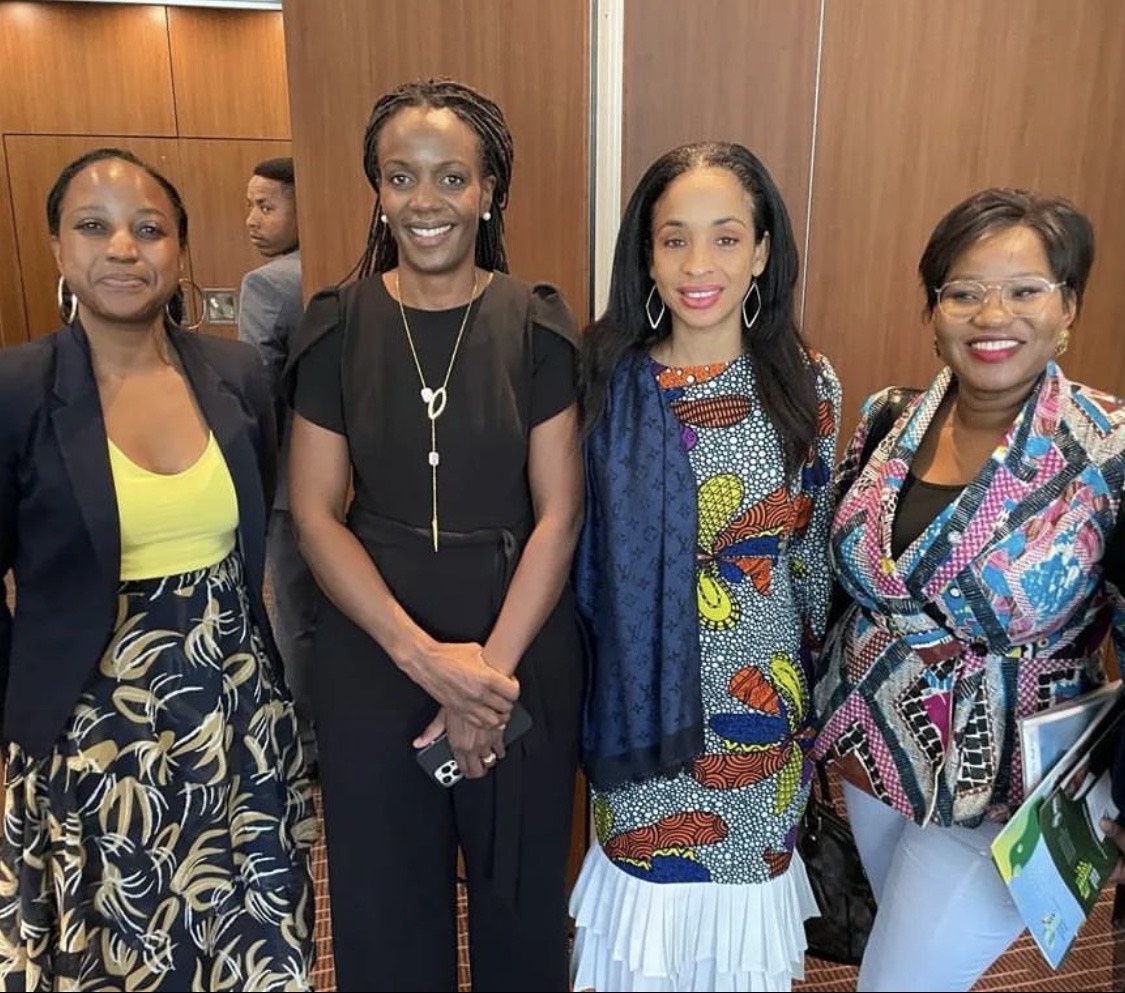
The Leading Women in Food Fellowship (LAWFF) was founded earlier this year to support emerging female leaders across Africa through training, mentorship, visibility, and access to financing and markets. The program aims to create a sisterhood among the participants, providing support and encouragement as they rise. The founder has been inspired by the women involved.
Addressing Africa’s agriculture and food challenges requires Africans to drive and own the transformation. Entrepreneurs across different value chains must lead the way, with support, knowledge, financing, and tools to scale their businesses and leverage technology and innovation. The sector is projected to exceed $1 trillion in market value by 2030, providing significant opportunities for those prepared to maximize them.
The book “Food Entrepreneurs in Africa: Scaling Resilient Agriculture Businesses” aims to inspire and support African female entrepreneurs to build successful agribusinesses, while also encouraging policymakers, development partners, and researchers to create an enabling environment for agribusinesses to thrive. The author is inspired by the African proverb “Do not follow the path, go where there is no path and leave a trail,” and encourages women to innovate, develop solutions, and serve as change agents in society while blossoming into leaders in their sector.
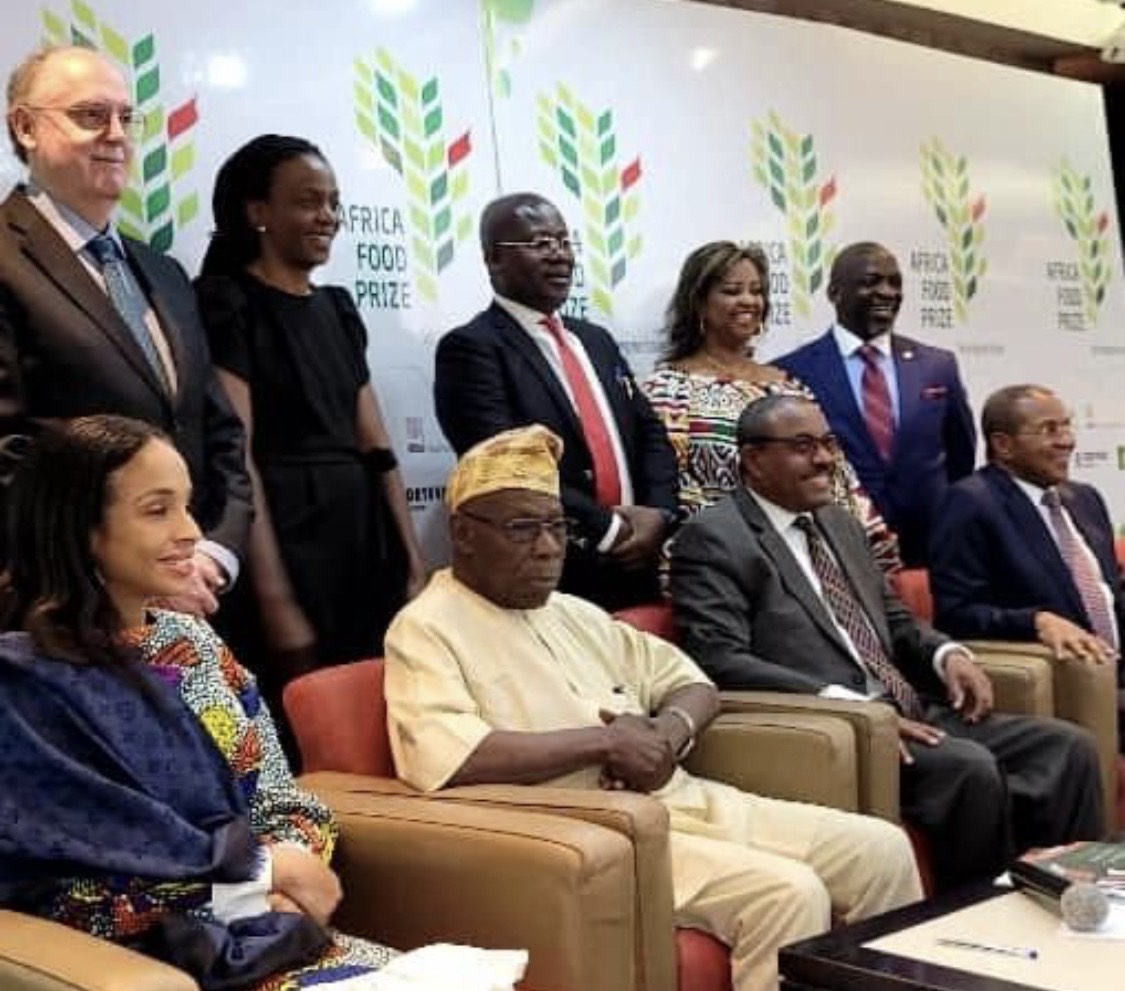
Nigerian women are naturally entrepreneurial, but they need training, mentoring, affordable financing and access to markets to truly achieve their highest potential. There is an urgent need for policies that stipulate clear financing windows for women from banks, financial and non-financial institutions, and incentives for companies that prioritize women in their supply chains and distribution channels.
Q: What advice would you give to young women interested in pursuing a career in the agricultural industry?
Ans:I am so thrilled to welcome more young women in the agriculture and food ecosystem. We need women in all aspects of critical value chains as employees, entrepreneurs, and policymakers from farm to fork. I would encourage young women to consider opportunities as input providers, agric tech enables, policy makers, processors, logistics providers, financiers and insurance providers, chefs, wholesalers, retailers, story tellers, and the list goes on.
The organizations founded or co-founded by me focus on community and national transformation. AACE Foods works with smallholder farmers to improve their livelihoods through training, technology, and financing. They also provide complementary food to vulnerable communities during crises.
Sahel Consulting offers the Sahel Scholars Program which provides leadership programs and opportunities in food and agriculture to students in Nigerian universities. The program offers internships and scholarships to deserving students and has reached thousands of students in Nigeria and Africa since its launch in 2017.
Q: How do you engage with and support your local community through your agricultural work? Are there any initiatives or projects you are involved in?
Ans: Sahel Consulting, African Food Changemakers, and Sahel Capital support vulnerable communities through impactful programs, including launching community gardens, rehabilitating homes, and providing health and education interventions. African Food Changemakers helps African entrepreneurs start and scale sustainable agribusinesses that feed Africa and the world by providing training, funding opportunities, and trade linkages.
BRACE: Building Resilience Against Climate and Environmental Shocks (BRACE) is an intensive capacity program that empowers agri/food SMEs, through training and technical support, to implement sustainable solutions for scaling their agribusinesses in the face of climate change.
LAWFF: Leading African Women in Food Fellowship (LAWFF) is an annual six-month program which identifies outstanding female disruptors, ecosystem enablers, entrepreneurs, policy makers, chefs, trendsetters and storytellers in the African food ecosystem and provides them with training, mentorship, visibility and a community of support to advance their work and enhance their impact.
SEP: The Scaling Export Program (SEP) engages an annual cohort of agri-food SMEs to build their capacity to export healthy, nutritious agri-food products across Africa and access international markets, through training, trade linkages, and business support.
WE CHANGE NARRATIVES!!! We actively create original content and curate regional and global events that promote awareness about Africa’s contribution to the global food ecosystem and celebrate our diverse and exciting food heritage.
AfDB. 2018. Africa agribusiness, a US$1 trillion business by 2030. Accessed here.
